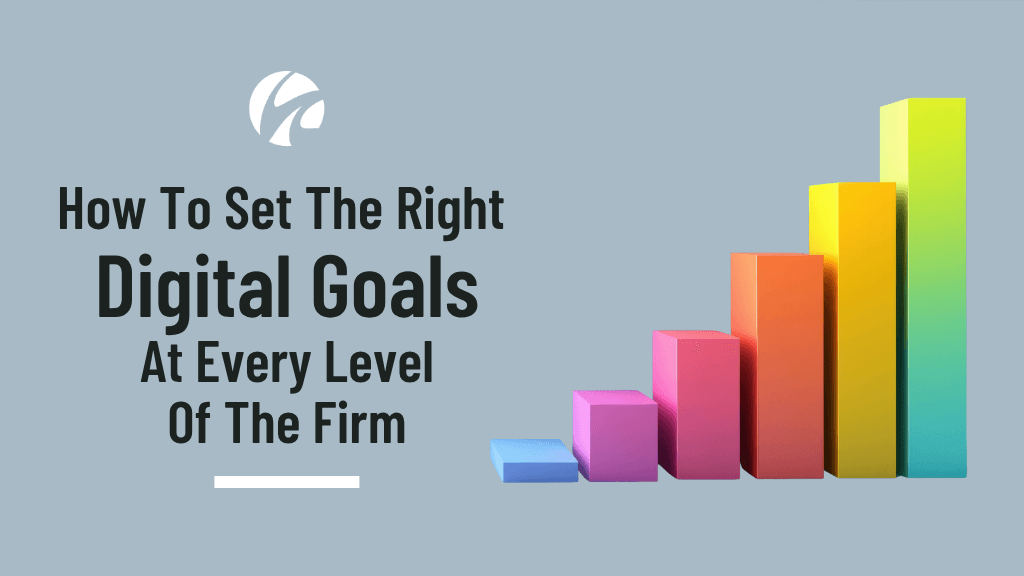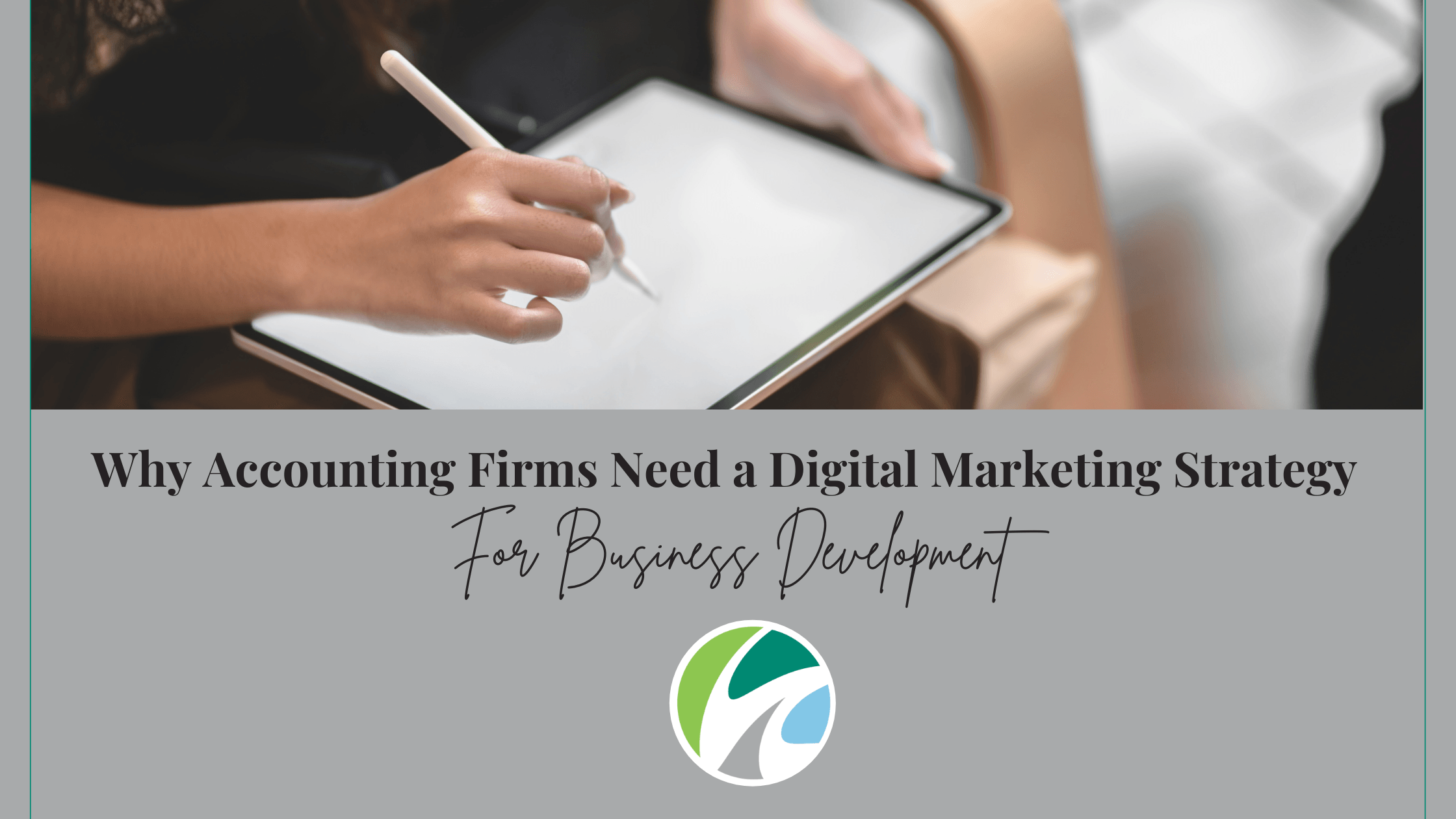4 min read
The Power Players: The People Who Achieve Results in Digital Marketing for Accounting Firms
The business development landscape for accounting firms has experienced a dramatic change over the past year. With new strategies and techniques...



 David Toth
David Toth



